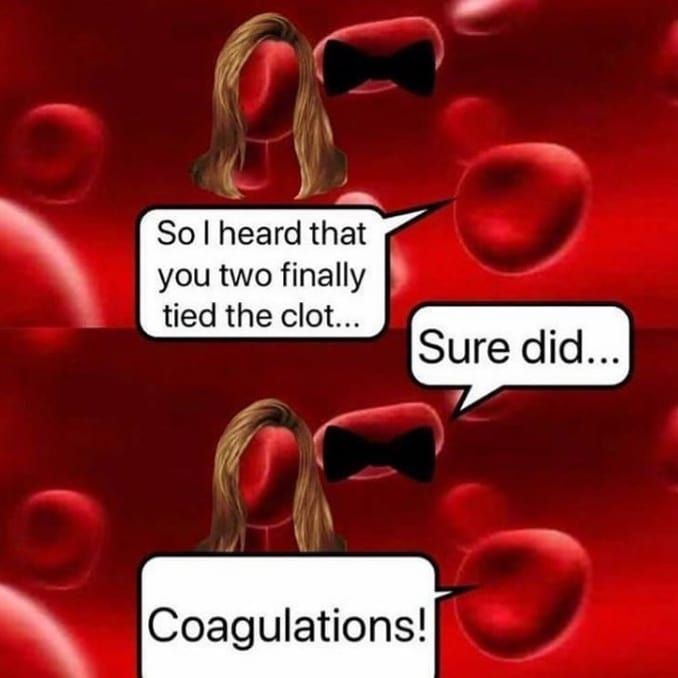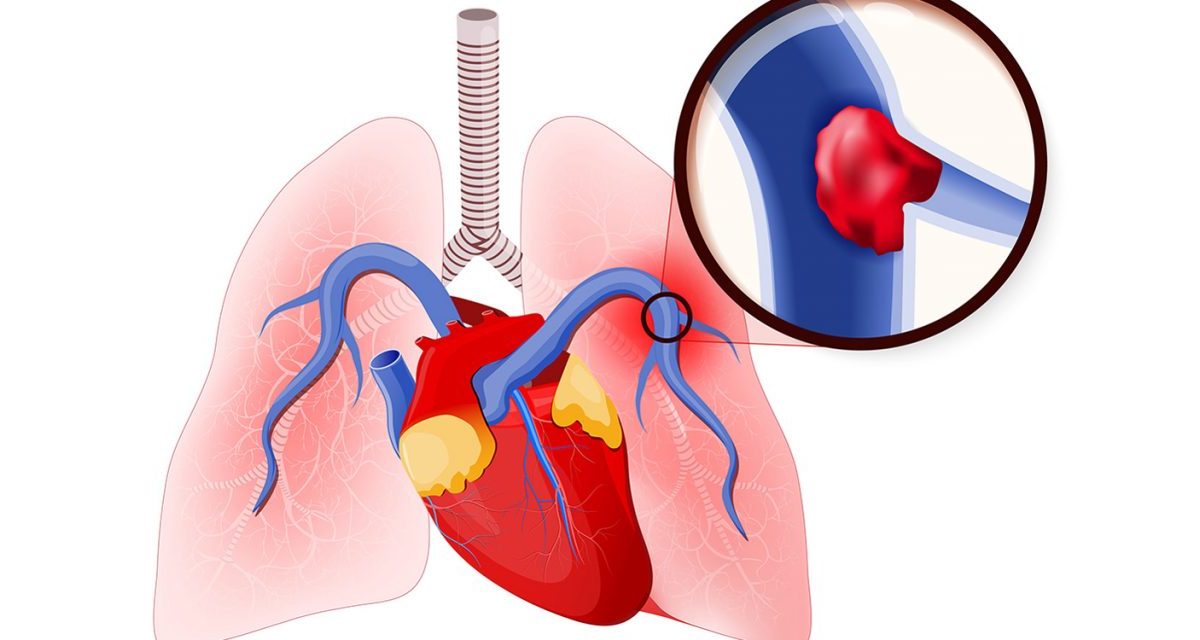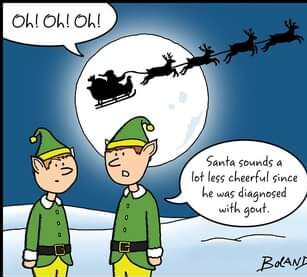A young man in his 20s went to the ER with two days of fever, cough, and dizziness. He was tachycardic and hypoxic. His X-ray showed an infiltrate. EKG and labs were ordered and didn’t show anything remarkable. If you read the title then you already know the missed diagnosis. But keep in mind this was an otherwise healthy 20-something with an x-ray showing pneumonia. The patient was admitted to ‘an observation unit’ and that’s when the trouble started.
The internal medicine doc/hospitalist on duty was responsible for caring for patients in the observation unit, but after nearly 8 hours, he/she had still not seen the patient. Eventually, our young, otherwise healthy guy, had a syncopal episode. He went into cardiac arrest in front of his wife. Despite resuscitative attempts he was finally pronounced dead. Autopsy confirmed a pulmonary embolism as the cause of death.
Prosecutors of course argued that a CT scan was indicated and that with proper anticoagulation, the patient would have survived. Defense seemed to reluctantly agree that a CT was in fact indicated but countered that initiating heparin would not have changed the ultimate outcome.
The family was ultimately awarded over $6 million.
Diagnosing PE can be difficult. Presentations can include chest pain, shortness of breath, dizziness, syncope, or fever. There’s simply no way to CT everyone who presents with one of those complaints. However, when facing a case involving a fatal PE, jurors may be led to believe that the diagnosis is straightforward and should never be missed. Attorneys will argue with absolute certainty, however valid, that the patient would be alive and standing here today if the diagnosis had been made.
Try to rule out the most life-threatening causes of a patient’s symptoms. That doesn’t mean everyone gets a CT scan or admission – but it does mean you use decision rules, you engage in shared decision-making with patients, and you chart really really really well.
We will all miss something at some point – that is the nature of Emergency Medicine. But you should be able to sleep well knowing you did the best and most rational workup for a patient.





